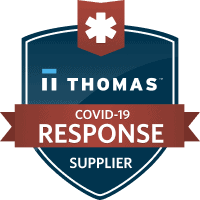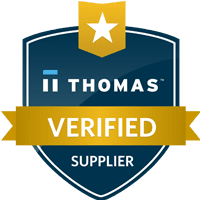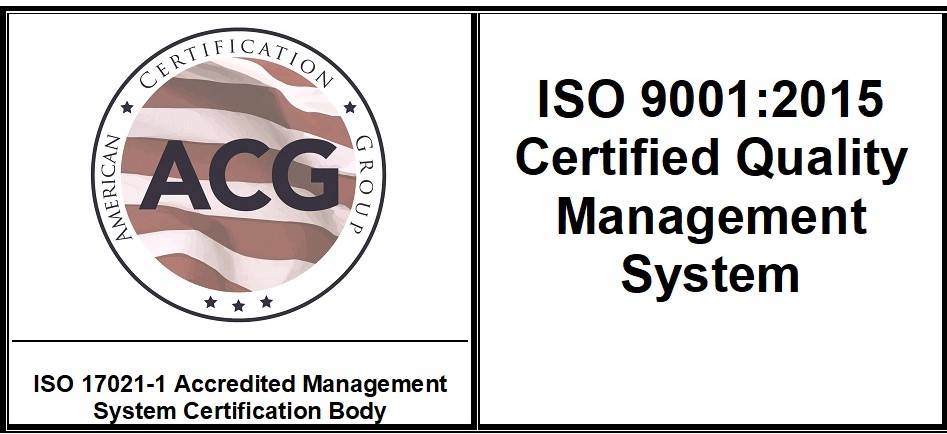Material choice plays a critical role in how a component performs, especially in demanding industries like automotive, medical, electronics, and consumer products. Silicone and rubber are two materials commonly used in molding applications, each with its own set of strengths. Understanding the differences between silicone molded products and customized rubber parts can help determine which option better meets project requirements.
Silicone is a synthetic elastomer known for its flexibility, high-temperature resistance, and excellent chemical stability. These features make it a frequent choice for applications where heat, UV light, or outdoor exposure may degrade other materials.
Common uses for silicone molded products include medical tubing, gaskets, seals, food-safe components, and electronic housings. Silicone can perform at temperatures as high as 230°C (450°F) and remains pliable in cold conditions, often below -50°C. It’s also odorless, tasteless, and resistant to fungal growth, which makes it ideal for healthcare and food-related uses.
Rubber offers a broader range of material options, including natural rubber, EPDM, nitrile, neoprene, and others. These options allow for the production of customized rubber parts with different levels of hardness, resilience, and chemical resistance.
Rubber is widely used in automotive and industrial applications where impact absorption, vibration damping, and abrasion resistance are required. Examples include bumpers, vibration isolators, grommets, and grip pads. Depending on the formulation, rubber can resist oils, fuels, and weathering to varying degrees.
Silicone and rubber both excel in specific conditions. Silicone holds up well under extreme heat and exposure to ozone and UV rays. It also maintains its shape and flexibility over time, which can reduce the frequency of part replacement.
Rubber, on the other hand, tends to offer better tensile strength and tear resistance, making it better suited for applications involving repeated flexing or mechanical stress. It is often more affordable for large-volume parts where extreme environmental conditions are not a concern.
Medical and food-grade applications benefit from silicone due to its biocompatibility and regulatory compliance. Rubber often supports automotive and heavy equipment use, where custom shapes and performance under stress are priorities. Both materials serve the electronics and consumer markets, depending on the demands of the product.
At Advanced Prototype Molding, these materials are processed using a wide variety of techniques, including injection molding, compression molding, casting, and CNC machining. As a leading rubber molding parts supplier, we work with clients to match material properties to their production goals.
We also offer design consultation, prototyping, and full-scale production for both rubber and silicone parts. We support each project with tooling development and precision molding techniques. Whether it’s a low-volume prototype or high-volume production run, parts are created to meet specific functional and dimensional needs.
Silicone is typically more expensive per unit due to its properties and processing methods. However, its durability may reduce maintenance or replacement costs over time. Rubber is generally more cost-effective upfront and is available in a wider range of grades for price-sensitive applications.
Choosing between silicone and rubber depends on temperature exposure, mechanical demands, regulatory requirements, and budget. Both materials have strengths that make them suitable for different situations.
Advanced Prototype Molding provides the experience and technology needed to produce both silicone molded products and customized rubber parts. For support selecting the right material for your next project, please feel free to contact us and experience why we’re a trusted rubber molding parts supplier.



ADVANCED PROTOTYPE MOLDING
1520 N Old Rand Road Wauconda, IL 60084
Tel: 847-202-4200
Fax: 847-202-4270
sales@advancedprototype.com

ADVANCED PROTOTYPE MOLDING
1520 N Old Rand Road Wauconda, IL 60084
Tel: 847-202-4200
Fax: 847-202-4270
sales@advancedprototype.com